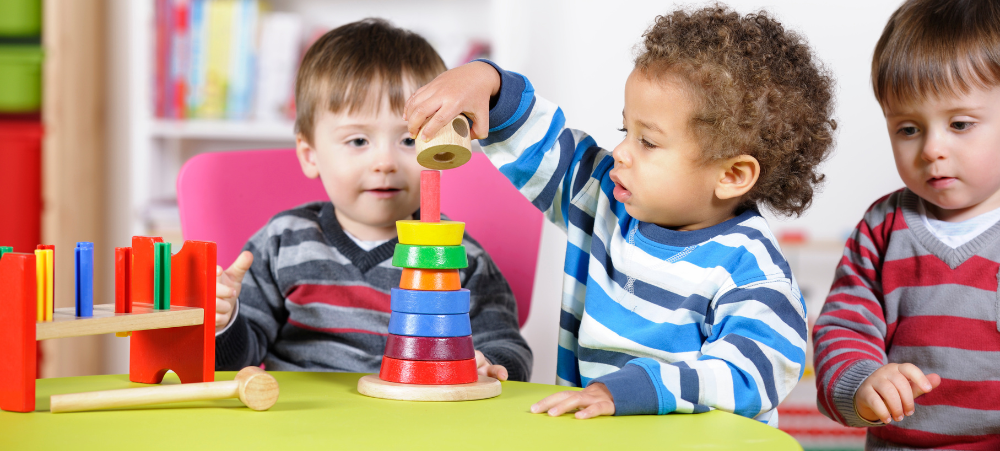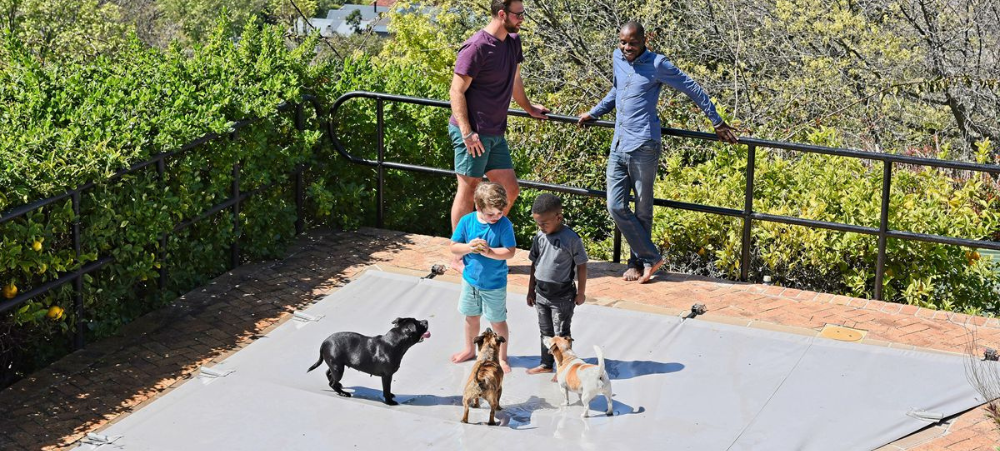As restrictions around COVID-19 continue, parents continue to feel anxious – as do their children, who are facing yet another year of limited extra murals and social activities. Even though schools are open for the 2021 academic year, it’s under limiting conditions, which in turn is likely to increase anxiety among children.
Anxiety manifests in various ways in children, including poor appetite, getting angry or irritable, worrying or having frequent negative thoughts, being fidgety, being clingy, or complaining of tummy aches or headaches.
With the last year or so having thrust families into very different situations, with parents working from home and children kept distant from friends and teachers – whose facial expressions are hidden behind masks – anxiety is being seen in children as young as two years of age. This could be because they’re picking up on the stress their parents have experienced during the pandemic, or it could be that they’re accustomed to passive and isolated screen-bound activities, and they’re struggling to acclimatise to new interactions and activities on returning to school after a long break.
“Children communicate and express themselves through play, which is a useful tool, both therapeutically and at home, to provide children with an arena in which to explore and express some of their emotions,” says Colleen Johnson, a Johannesburg child psychologist. “Playing with a child helps not only to connect with them on their level, but offers an opportunity to defuse power struggles, unearth some of their fears and insecurities, and to offer positive resolution through the medium of play. Playing with your child encourages secure attachment, connectedness and fun, which reduces feelings of anxiety.”
Cape Town-based occupational therapist Anine van Schalkwyk suggests letting children play through scenarios that make them feel anxious. “Let them play through a situation after it’s happened, rather than asking them direct questions, like ‘how was your day’,” she suggests. “Give them the cues to build a situation, and let them allocate ‘roles’ to you and themselves. In creating the scenario, using their favourite toys, chances are that they’ll tell you the story of their day and what caused their anxiety – and you can help them talk through it.”
Johnson adds that the type of play to help resolve anxiety depends on the child’s personality and specific needs at the time – children who are disorganised may benefit from structured play, such as building a LEGO® set together, following the visual instructions. Those that enjoy a less-structured type of play have the freedom to use LEGO® bricks to create builds that express their imaginations – or the issues that may be on their mind.
“This helps reduce anxiety as the child feels safe by being able to follow specific guidelines towards a predictable outcome,” she explains. “However, allowing the child to engage in free play or fantasy play has tremendous benefits too, as the child feels in control of their environment, taking the lead and determining their own outcome.”
The LEGO® Play Well Report, based of research conducted among children and families in multiple countries, including South Africa, found that parents believe that play develops a wide range of benefits, for their child, for themselves, and for the family unit as a whole. The research highlighted that 91% of respondents felt that play was important to help the family stay entertained, with 88% confirming that play helped them stay emotionally healthy.
Van Schalkwyk emphasizes that parents should prioritise close contact play with their children – perhaps even more intensely than they would have before the pandemic, given that children are not getting the sensory and social input needed for appropriate development, because of rigorous social distancing in schools.
“Hug your children tight, and often,” she says. “It’s a tough balancing act when you’re tired from working all day, but intense play is good for parents as well – it lowers adults’ anxiety too!”
The LEGO Group was founded in Billund, Denmark in 1932 by Ole Kirk Kristiansen, its name derived from the two Danish words LEg GOdt, which mean “Play Well”. Today, the LEGO Group remains a family-owned company headquartered in Billund. However, its products are now sold in more than 130 countries worldwide. For more information: www.LEGO.com





